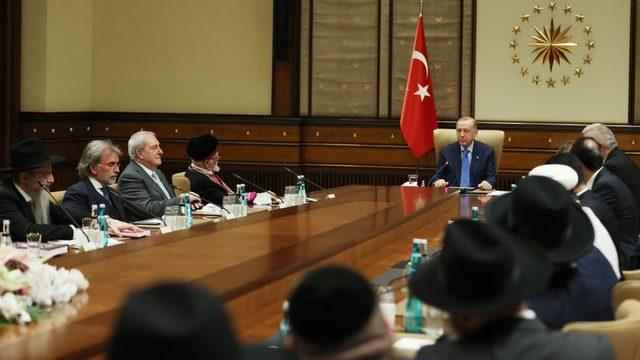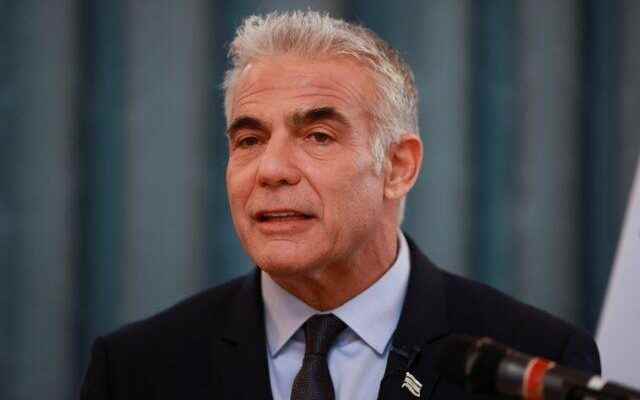Foreign Ministers informed Anadolu Agency that there was a telephone conversation between Foreign Minister Mevlüt Çavuşoğlu and Israeli Foreign Minister Yair Lapid.
The Israeli press also devoted a great deal of space to the phone call.
As far as is known, The Times of Israel reported that for the first time in 13 years, the foreign ministers of the two countries spoke on the phone.
Haaretz newspaper also reported that Lapid received a phone call from Çavuşoğlu for the first time in years.
The newspaper stated that this meeting was another sign of the melting ice between the two countries.
According to the information provided by the Israeli Ministry of Foreign Affairs office to the newspaper, Çavuşoğlu asked how Lapid’s health was, who caught the coronavirus.
Lapid caught the coronavirus more than 10 days ago, and his quarantine ended earlier this week.
According to the record, the last phone call between the foreign ministers of the two countries took place in 2008.
President of Israel may visit
Earlier this week, Erdogan said, “We have talks with Israeli President Herzog. Maybe Mr. Herzog may visit Turkey.”
The two leaders have spoken on the phone three times since Israeli President Herzog took office last year.
At the same time, Erdogan announced that negotiations were held with the Israeli administration regarding EastMed, the pipeline project carried out by Greece with Israel and Southern Cyprus in the Eastern Mediterranean, saying, “This will not work without Turkey.”
After Erdogan’s trip to Albania, a journalist asked, “How do you evaluate the USA’s withdrawal of support from Greece’s pipeline project in the Eastern Mediterranean, carried out together with Israel and Southern Cyprus?” had posed the question.
Stating that Turkey should be included in the EastMed project, Erdoğan replied that they discussed this issue with the Israeli administration.

“Trade is advancing despite differences of opinion”
When Erdogan received the members of the Turkish Jewish Community and the Rabbinical Alliance of Islamic Countries in December, he made the following remarks:
“The steps to be taken on the Palestinian issue, especially in Jerusalem, will contribute to the security and stability of not only the Palestinians but also Israel. I attach great importance to our renewed dialogue with both the President of Israel, Mr. Herzog, and the Prime Minister, Mr. Benet.
“Despite our differences of opinion on Palestine, our relations with Israel in the fields of economy, trade and tourism are progressing in their own way. Israel’s sincere and constructive attitude in the context of peace efforts will undoubtedly contribute to the normalization process.”
The ambassadors have not yet returned
After the Mavi Marmara incident in 2010, the two countries had mutually withdrawn their ambassadors.
In 2016, steps were taken to normalize relations and mutual ambassadors were appointed.
However, in 2018, Turkey recalled its ambassador for consultations and asked Israel to take a similar step, after Israel opened fire on Palestinians protesting the US opening of an embassy in Jerusalem, killing 60 people.
Since the ambassadors never returned to Tel Aviv and Ankara, the top officials in the two countries have de facto become charge d’affaires since then.
